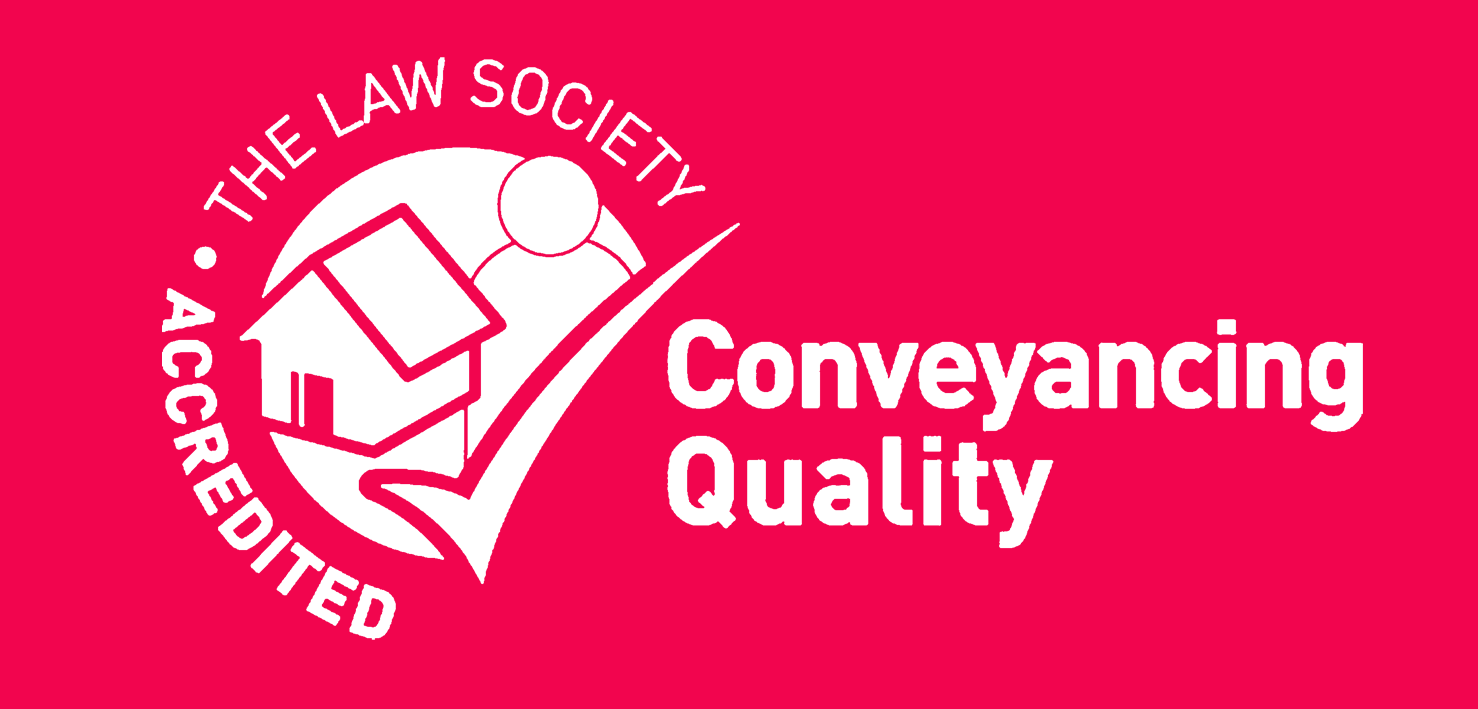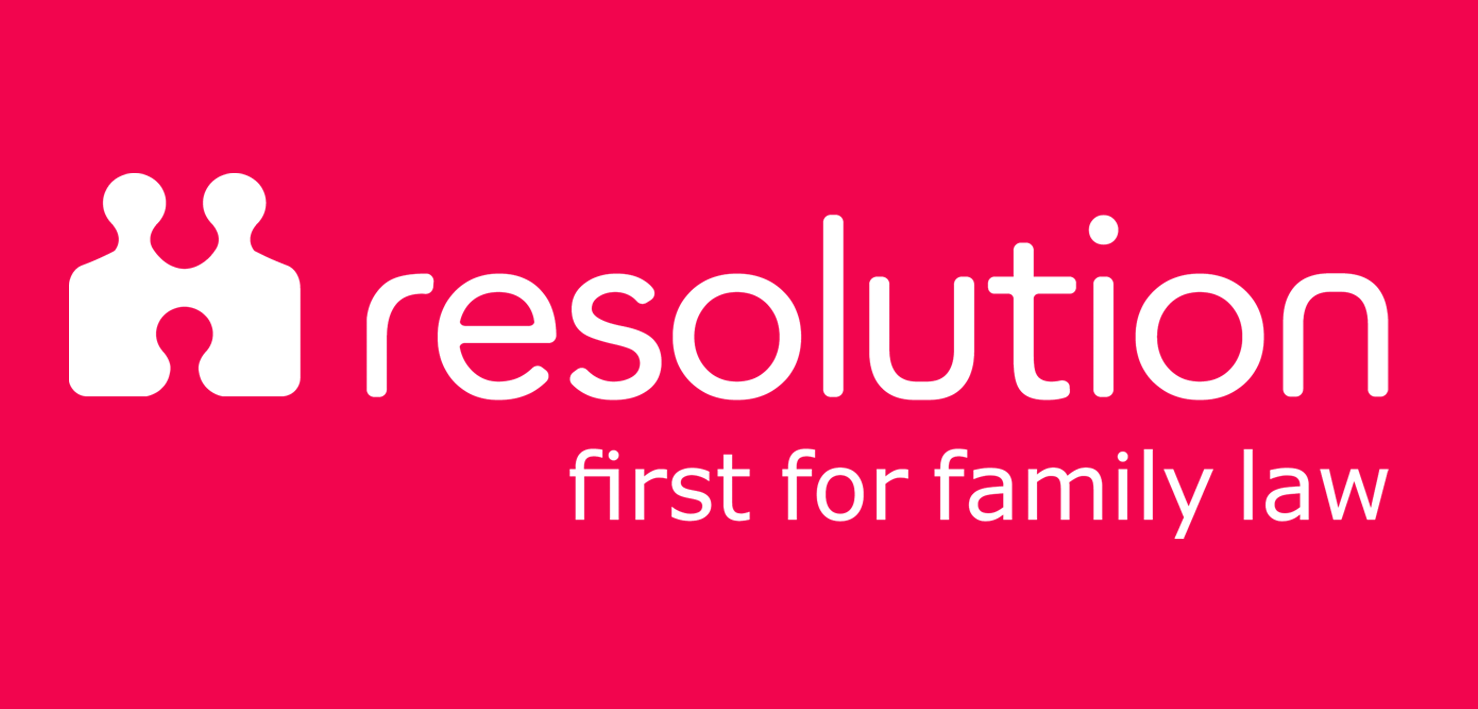My partner and I have become concerned about being forced to sell our house if we need to go into care. Our friends tell us they recently prepared Wills which shelter their house from care fees. Is this possible?
Yes it is possible by preparing Wills incorporating Family Trusts.
Generally speaking, a family home will be owned as Joint Tenants. This means when the first person dies, the property passes to the survivor, regardless of the provisions of the deceased’s Will.
Consideration should be given to changing the ownership to Tenants in Common. This means that when a person dies, his or her share in the property can be passed in accordance with his or her Will.
In the case of care fees and asset protection, this share of the property could be passed into a Family Trust.
A worked example of the Family Trust may help illustrate the benefits of this arrangement: Let us consider the case of Mr and Mrs Prudent who are a married couple and have two adult children Michael and Sarah.
- Mr and Mrs Prudent owned the property 1 Legal Close in the sum of £300,000. They have other joint savings of £50,000
- Mr Prudent died in 2000
- The property passed to Mrs Prudent together with the joint account
- In 2001 Mrs Prudent was diagnosed with dementia and entered care
- Mrs Prudent received financial assessment and was required to fund her care in full
- The property was sold and proceeds used to fund Mrs Prudent’s care fees at £3,000 per month
- Mrs Prudent lived for a further 8 years and £288,000 of her assets were used to fund her care
- Mrs Prudent died in 2009 and Michael and Sarah received £31,000 each
If Mr and Mrs Prudent prepared Wills incorporating Family Trusts, a greater share of the assets would have been preserved:
- When Mr Prudent predeceased Mrs Prudent, his half share of the property would have passed into the Family Trust
- This half share of the property held within the Family Trust is then sheltered from care fees.
This arrangement also protects Mrs Prudent’s occupation from risks, which arise with an outright gift, such as her children becoming involved in matrimonial or financial difficulties.
- The Family Trust also provides that Mrs Prudent can reside in the property rent free until she dies or no longer requires the property as a residence at which time it passes to Michael and Sarah
- Accordingly, when Mrs Prudent entered care, Mr Prudent’s half share of the property passes to Michael and Sarah and only Mrs Prudent’s share of the property (£150,000) and savings (£50,000) are available to fund her care
- This results in an additional £88,000 inheritance for Michael and Sarah
This case study is intended as a basic worked example for illustration purposes and does not necessarily reflect your personal financial circumstances or take account of particular income levels or savings and investments, which should be discussed with your adviser.
The Family Trust is not limited to property arrangements and cash investments can also be put into the Trust if required.










